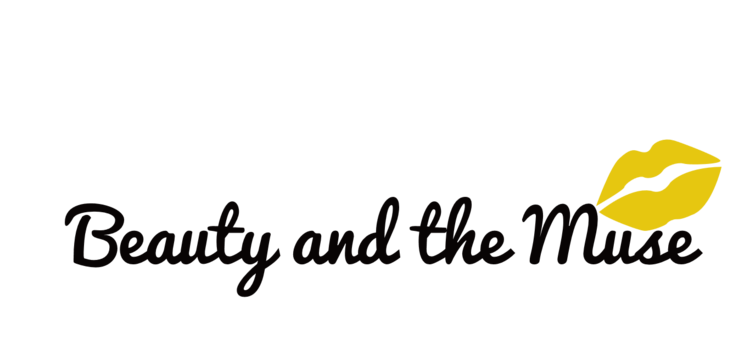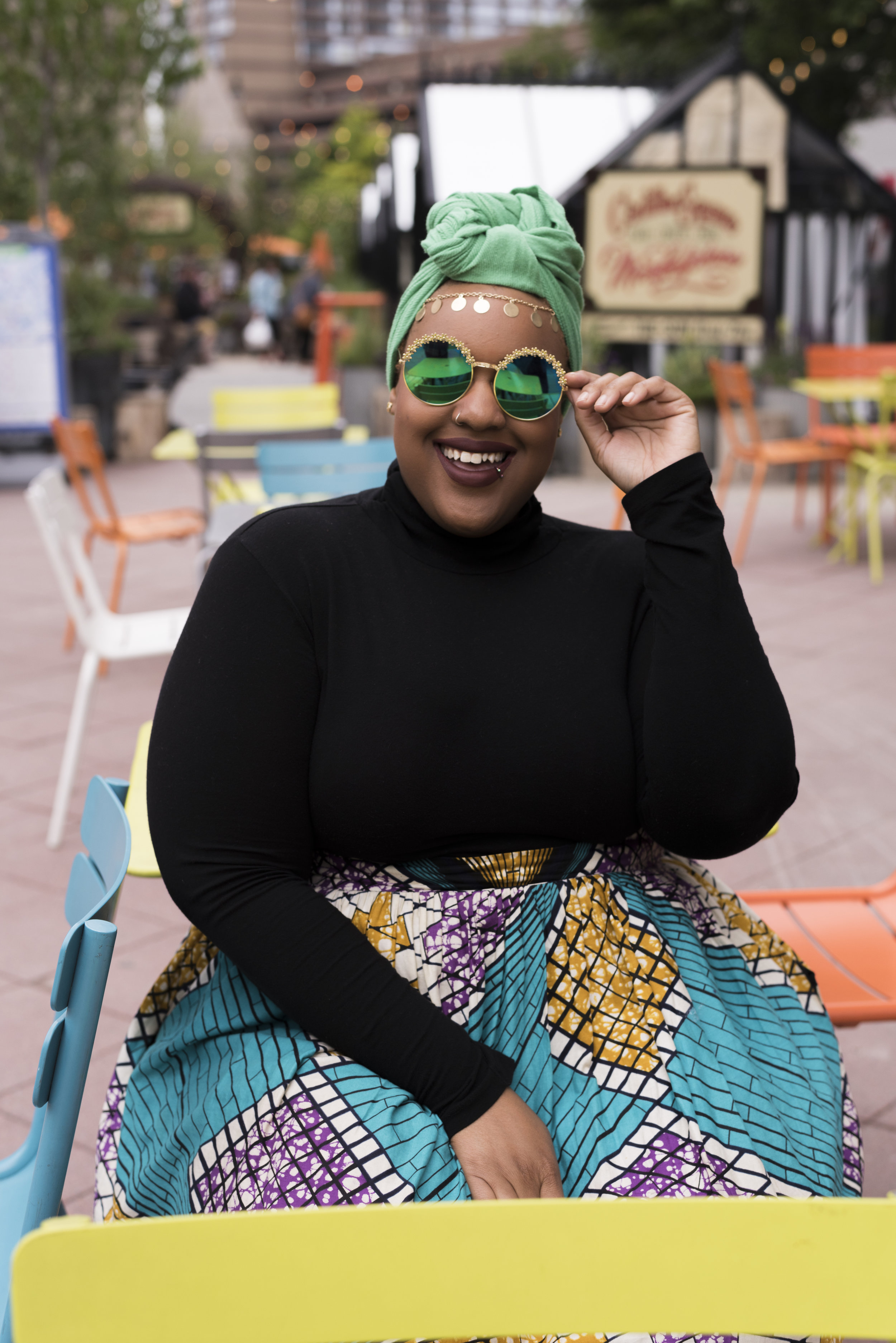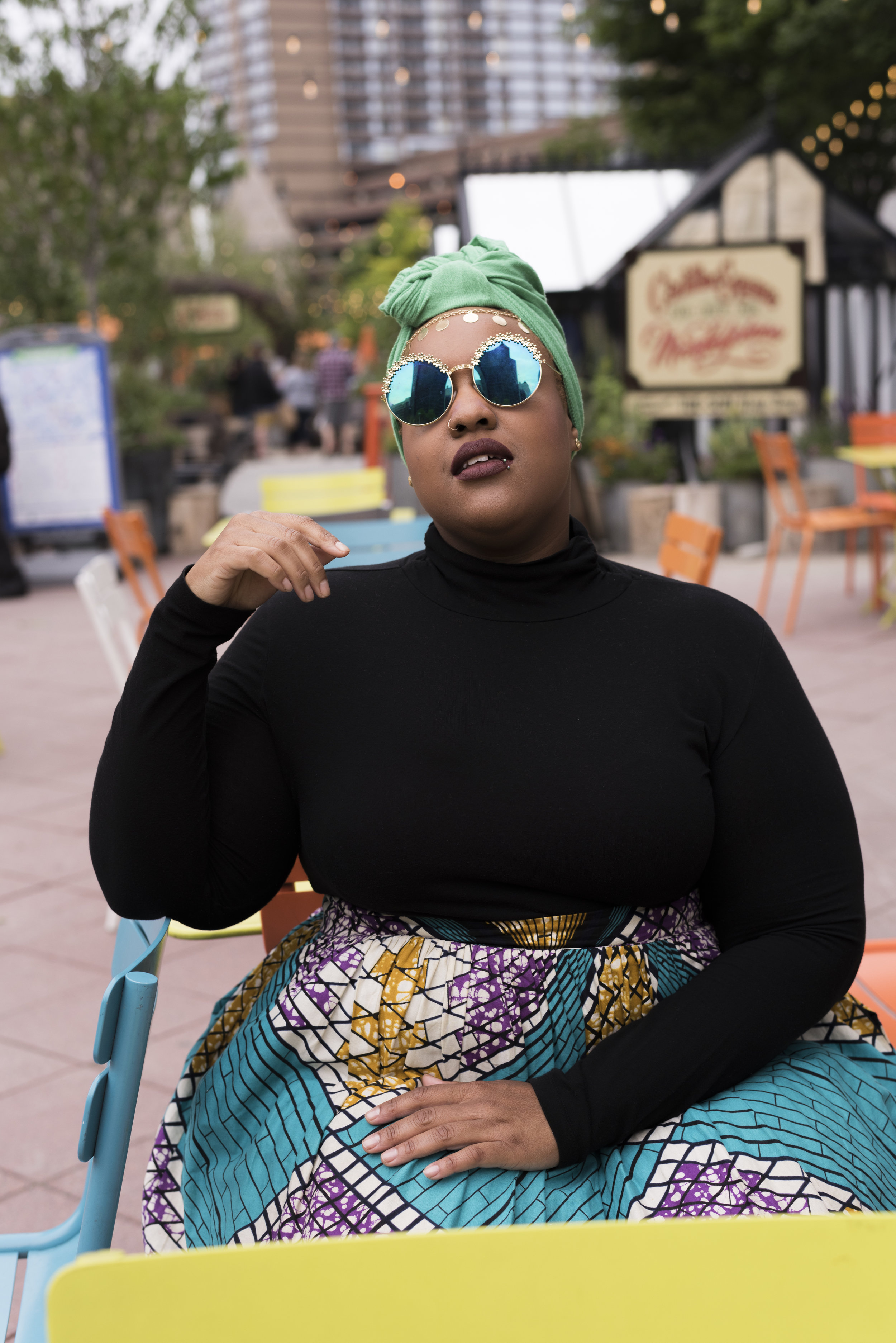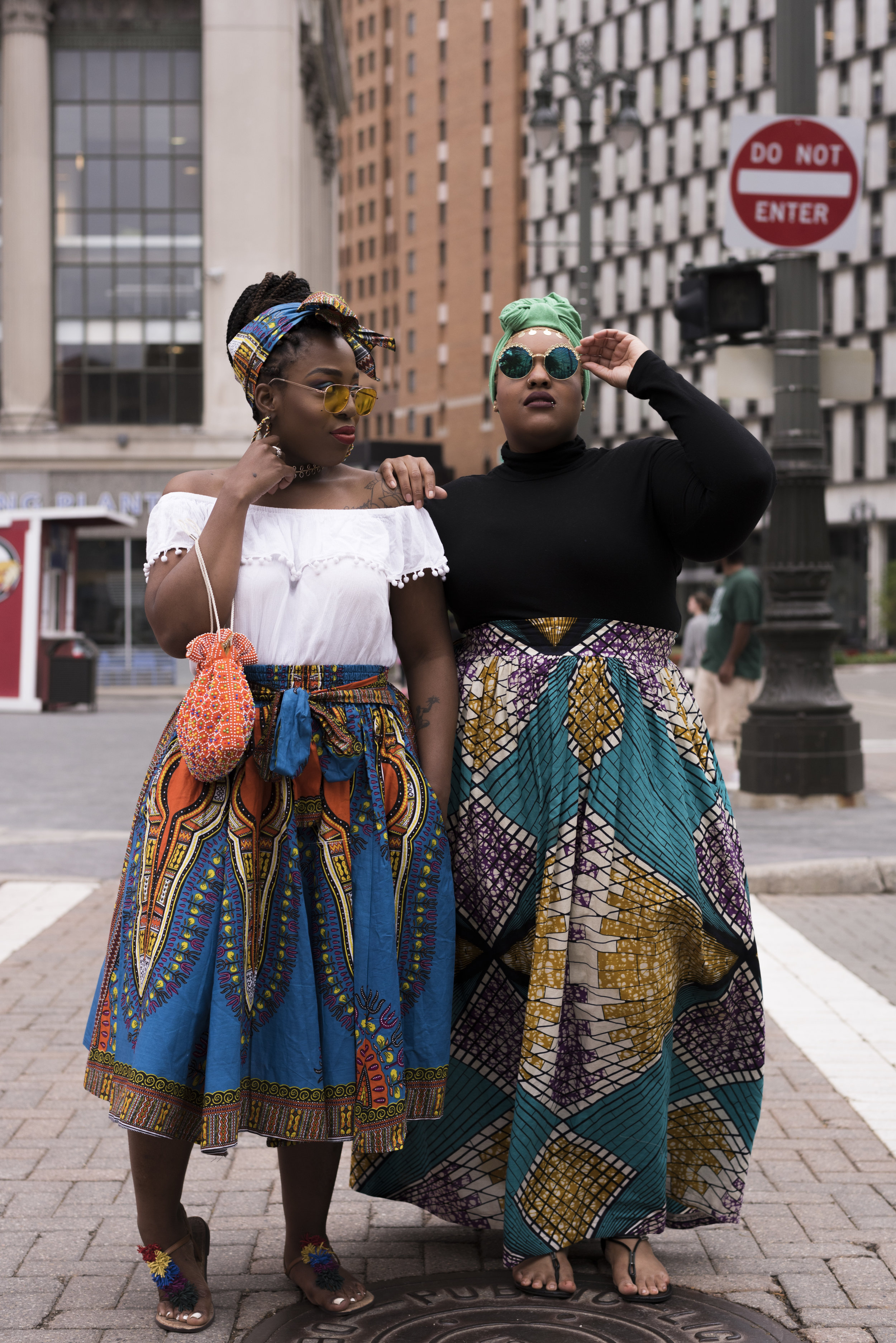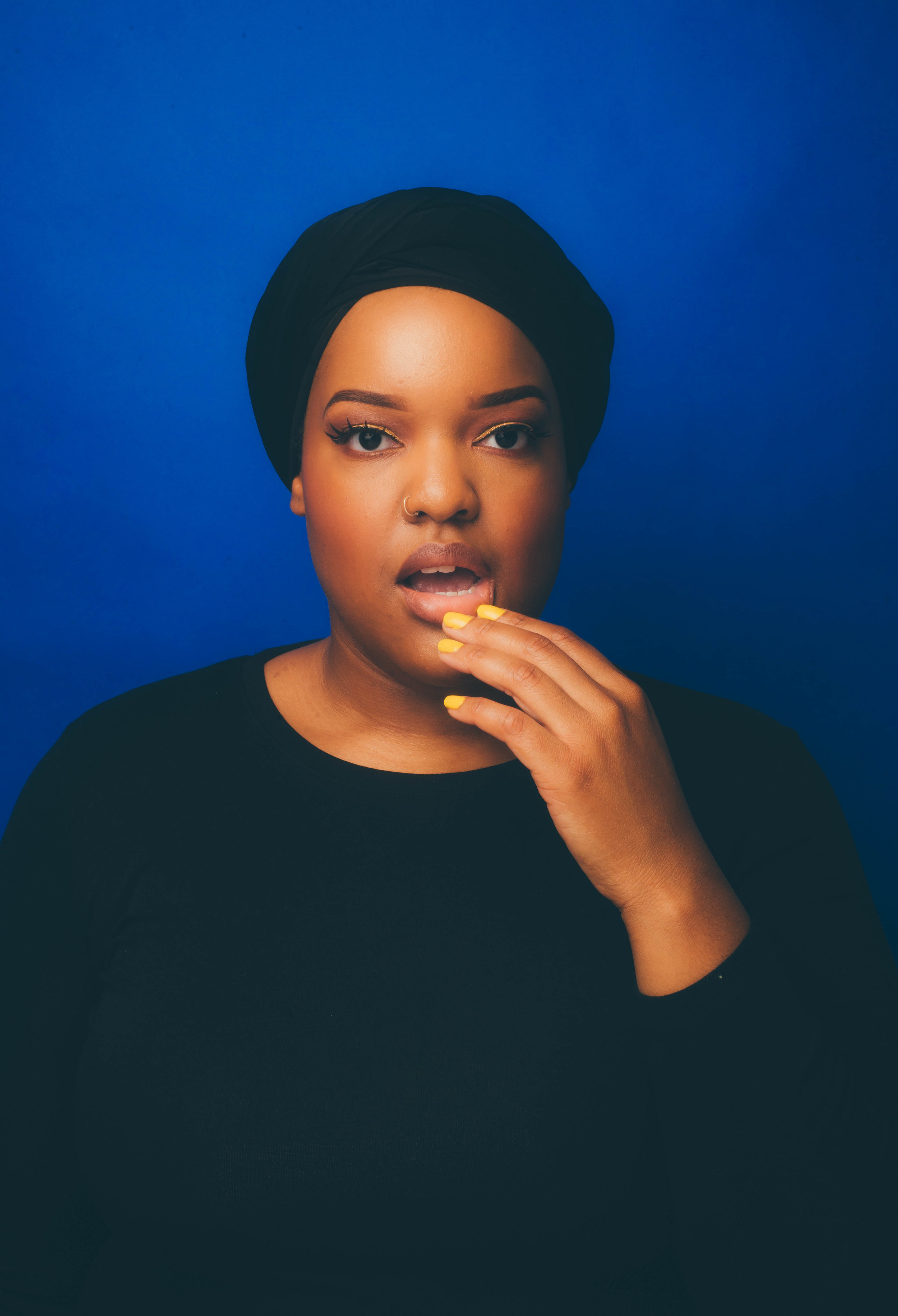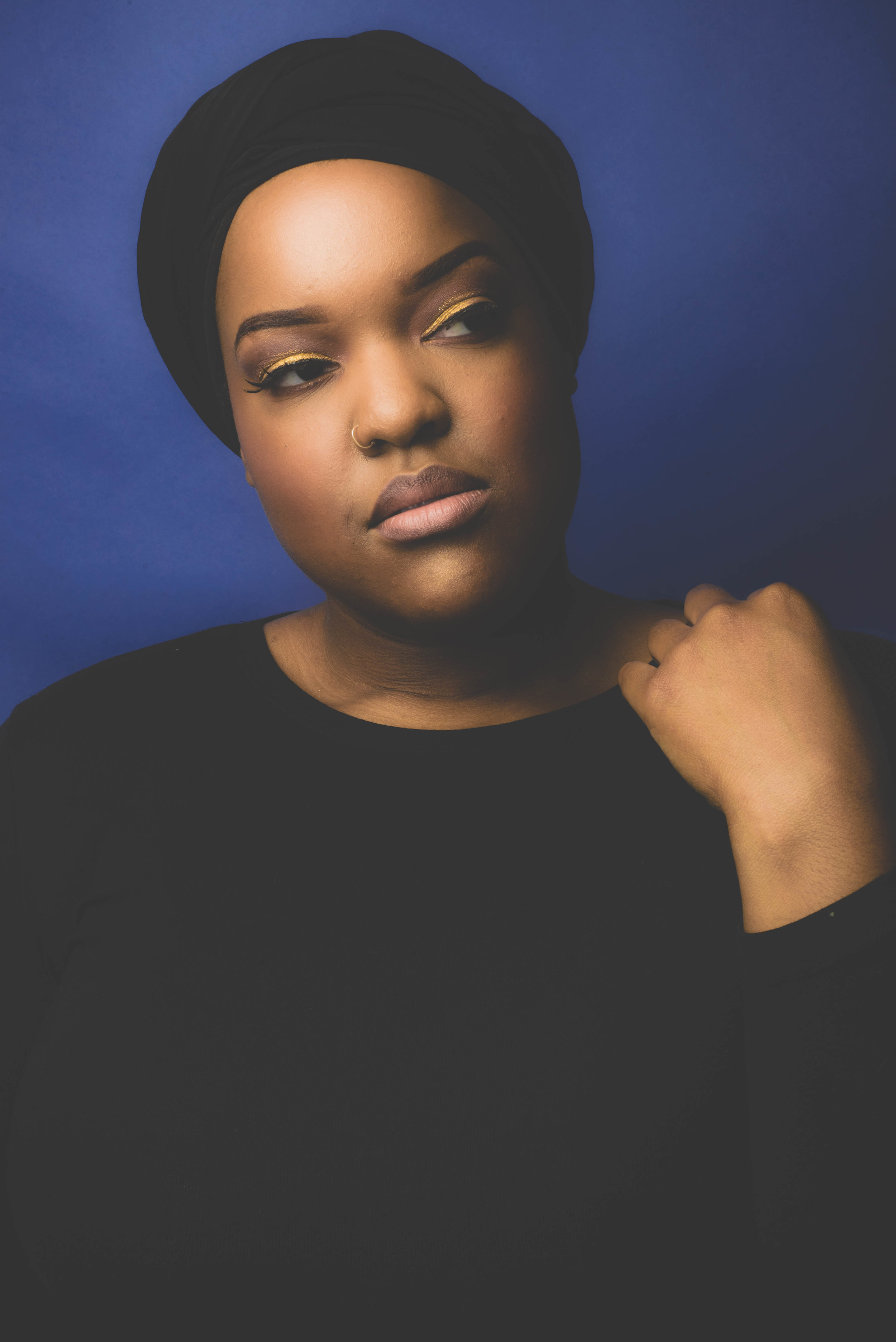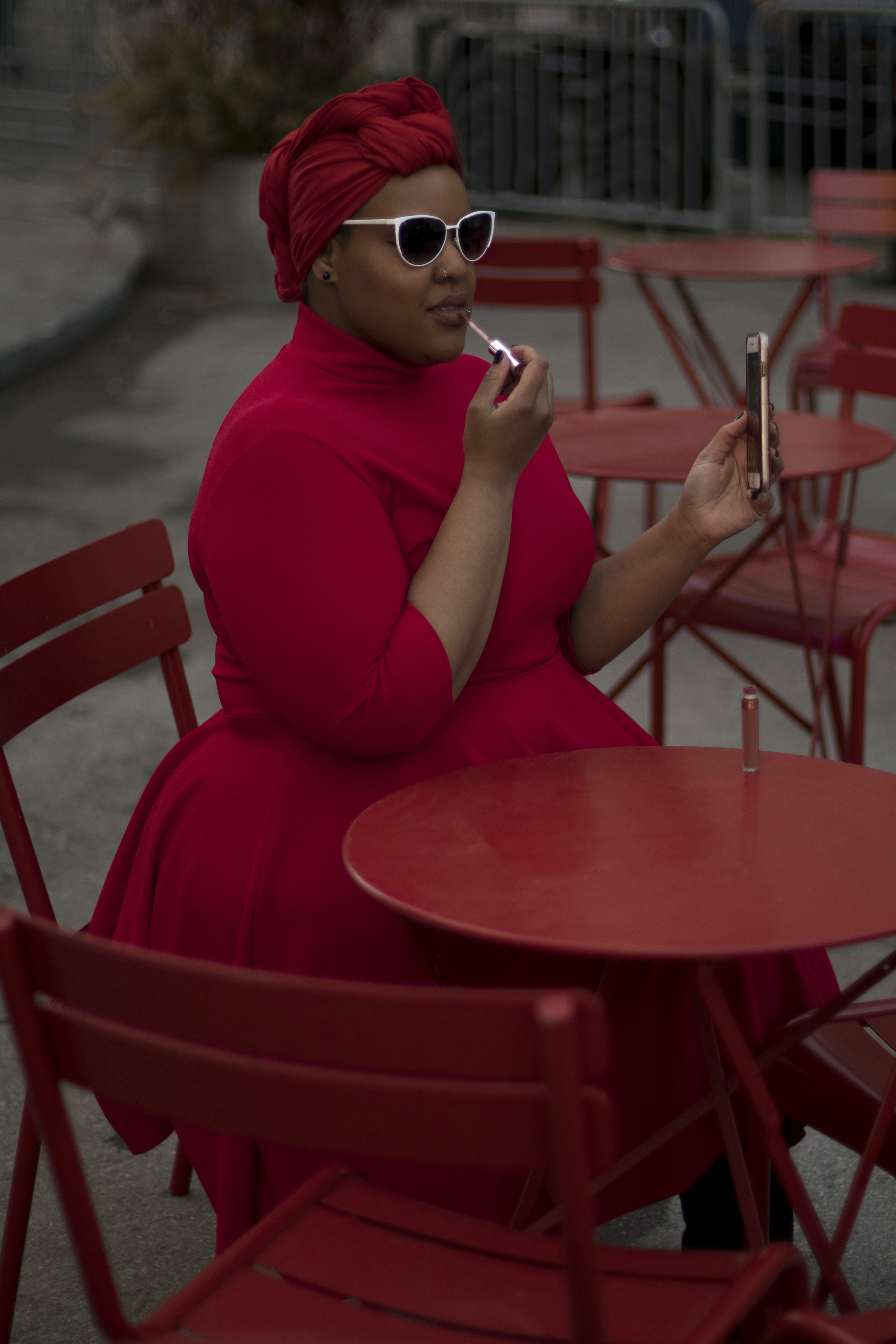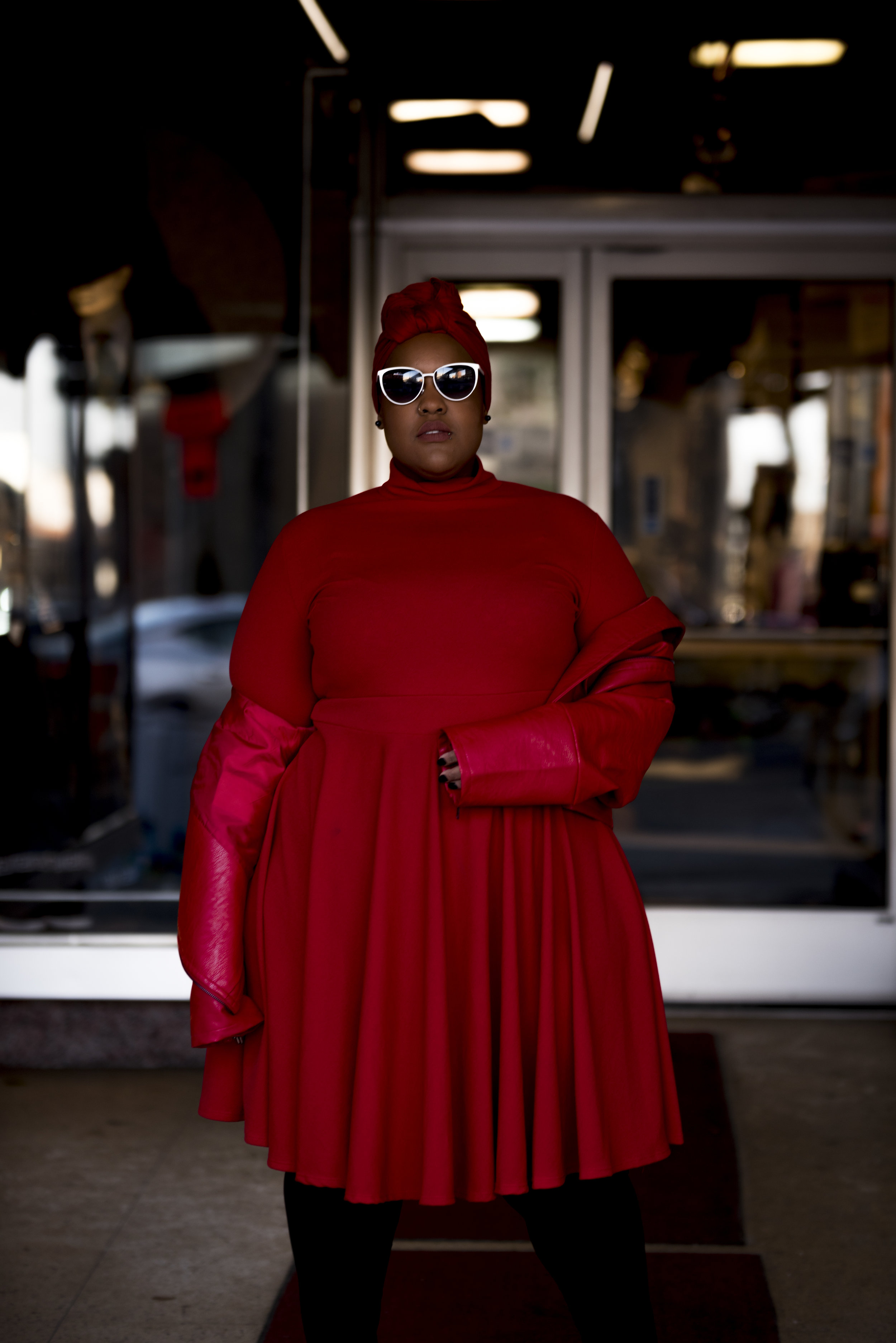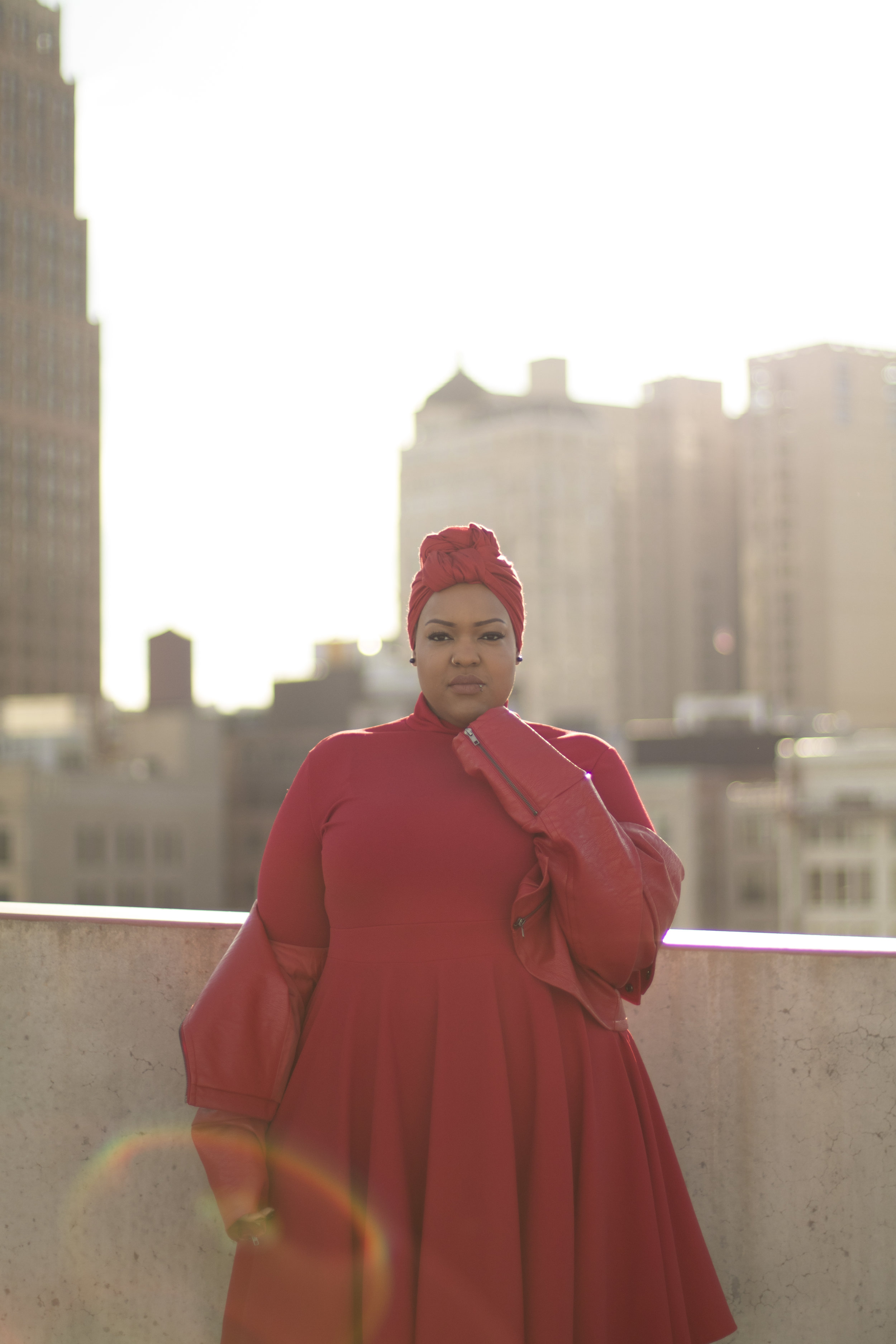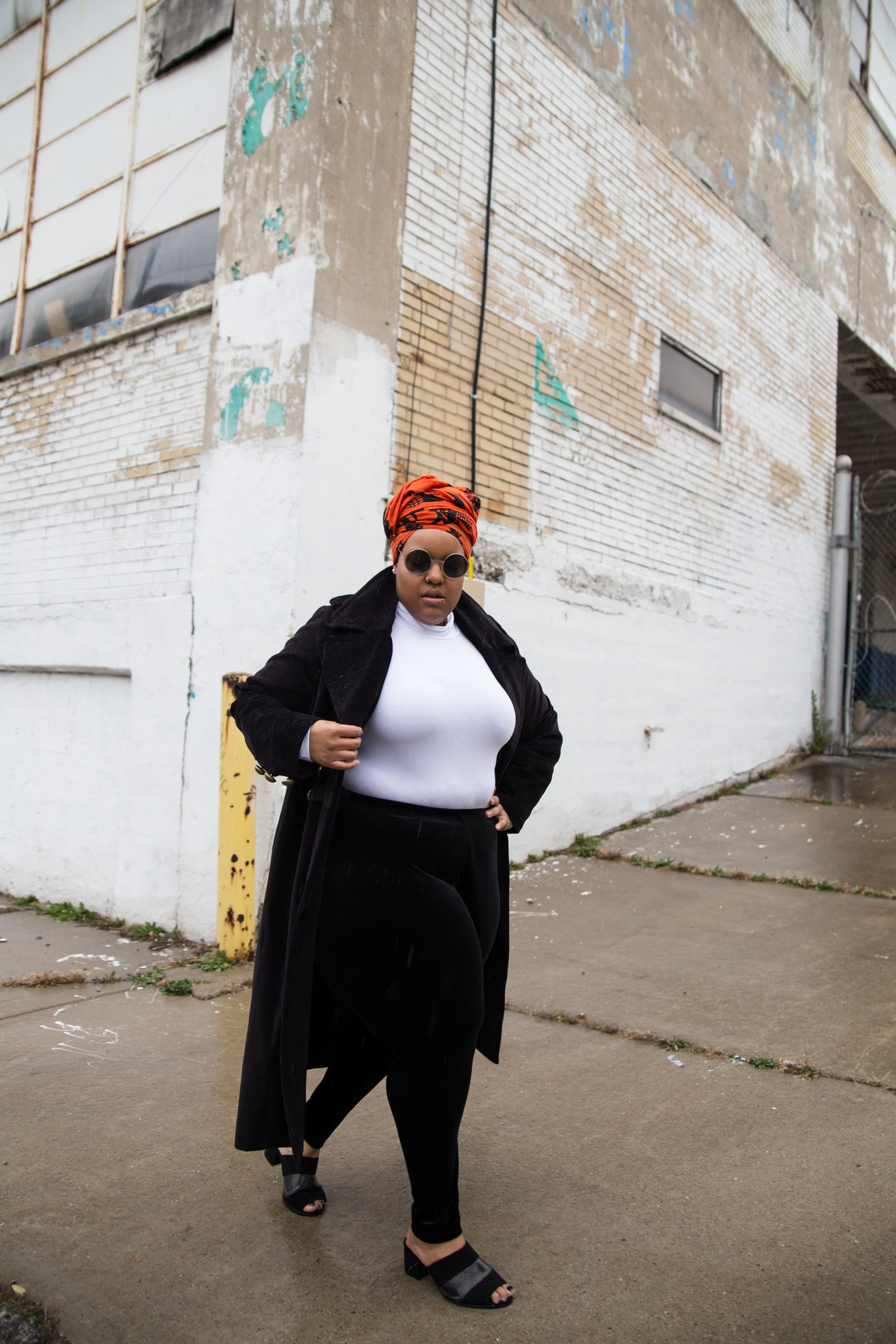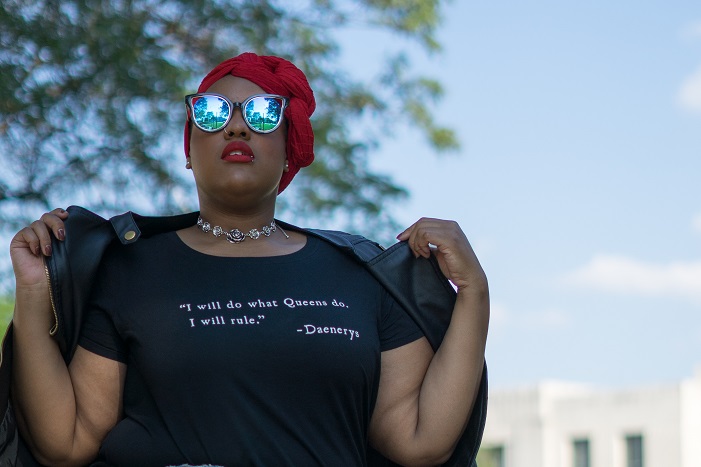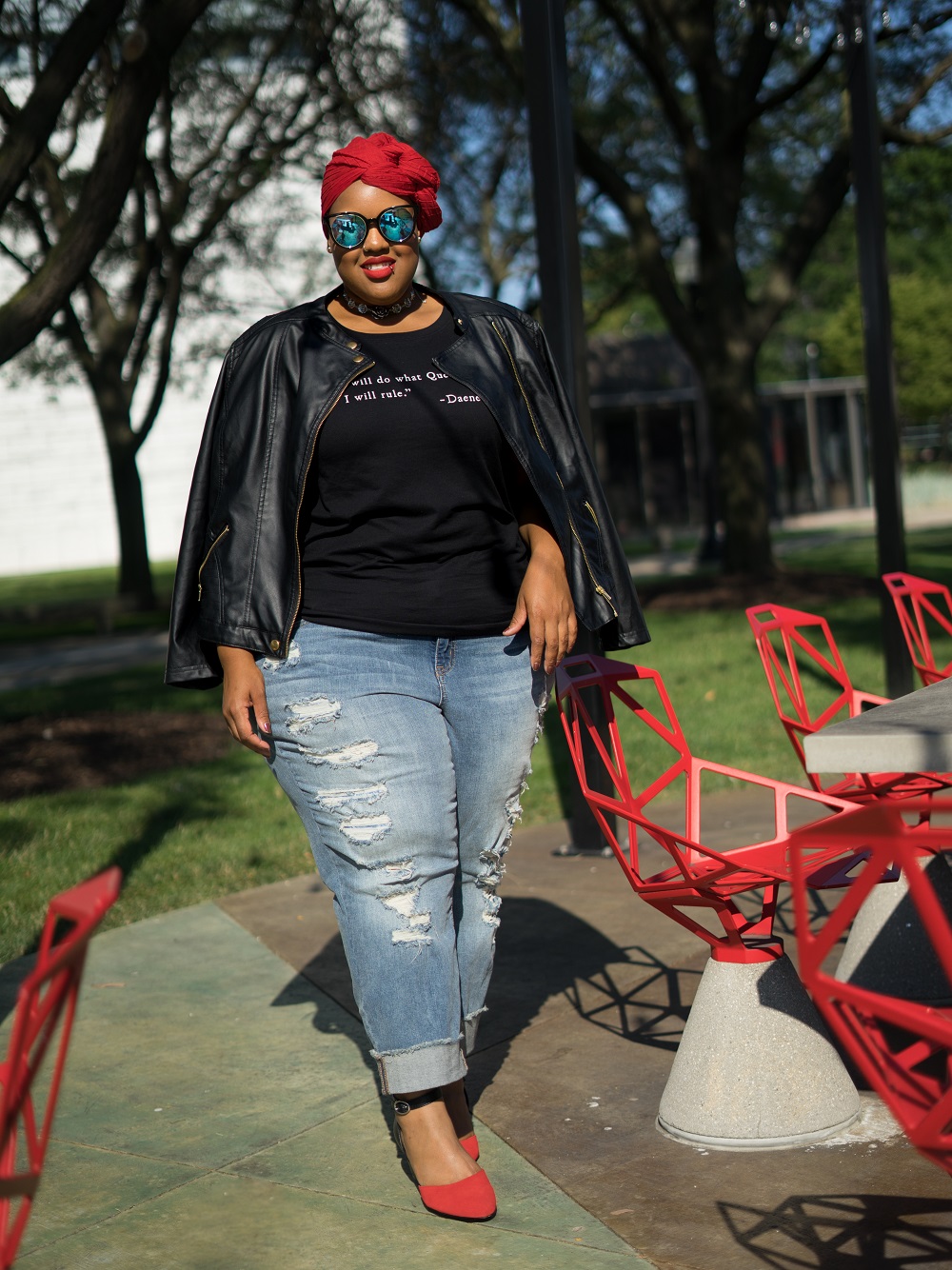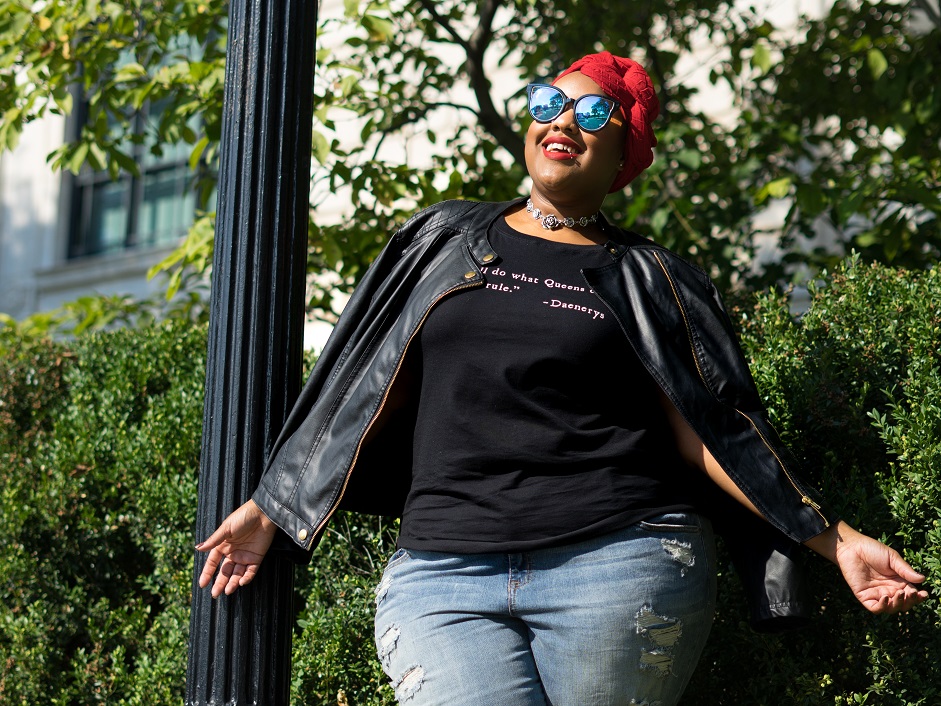I’ve been deathly ill for the last week and fighting to stay afloat. Sickness waits for no one. Especially a single artist whose staff is made up of one sole person. Me.
A few days ago, when my cold was a baby cold, I was at lunch with a friend when she gasped at her phone. My eyes widened as she explained to me that Kate Spade had committed suicide. The first word that slipped out of my mouth was ‘damn’. The next thought that came to mind was why? I mean she had the entire world at her feet. She was white and successful and rich and white and successful. Seemed like the perfect life to me, to most of us. I mean I had spent a large portion of my life trying to be a successful white woman. Until I figured out that that was totally wrong in itself.
Mental illness, suicide is something that has touched us—directly or indirectly—in some form. Yet, many of us have no idea. No clue how to contain the idea that someone just wanted ‘it’ to stop. So, they made it happen.
Growing up, we were taught that suicide was against our beliefs. And, it is in many religions and cultures. But, that’s such a small way to tackle the issue at hand. I think now that I’ve been through some things and seen some things, I look at it in a different way. I look at mental health in a different way.
Over the last few days more pieces of information were discovered about Kate Spade’s last moments, yet we still aren’t any closer to having an answer. Why’d she do it? What was the last straw? Could it have been prevented?
Now that the topic is trending, I’m seeing comments like suicide is the coward’s way out, suicide is selfish, and suicide is not the way.
We have to be careful about making blanket statements, because we have not a clue what goes on in people’s lives. Life ain’t easy sometimes.
This morning, I woke up to more horrendous news: “Anthony Bourdain Dies at 61, Apparent Suicide”.
I screamed no in a hoarse voice as if he were a friend I hadn’t seen in over a decade.
His death hit me hard because I am such a diehard Bourdain fan. I first discovered him on the Travel Channel back in 2012 when I was working for a job I loathed. Every day, they’d make me sit with a patient that was abusive and needed much more care than I could give. For the majority of the shift, I’d be cooped up in the patient’s room, both of us shut off from the rest of the floor. I’d turn on Bourdain’s show, No Reservations, and drift off into an imaginary place. Vicariously living through his no nonsense travels, I aspired to be as bold and brave and as open and carefree as he was. He was a white man, but a down white man who wasn’t afraid to get his hands dirty or to learn about another culture different from his.
I had mad respect for this TV personality that I’d never get to meet but could appreciate.
Again, Bourdain is rich and white and successful. But, we have no clue what internal battles people are struggling with that go way beyond success, beyond money, beyond the cars and the good looks.
These tragedies got me to thinking about my own. The ones I lived through.
I remember having a really bad mental break. I was so on edge for weeks, so manic that I started smoking cigarettes. I don’t even smoke cigarettes and I hate the smell. But, I needed something to calm my nerves. I wasn’t eating either even though I loved food. I just hadn’t had an appetite anymore.
Whatever you can think of that’s valuable in life, I had lost it. The days leading up to it were bad. I was the lowest of the low mentally. The place I was, there was no light, no hope. Just nothingness and emptiness. I reached out. No one grabbed my hand. Maybe they hadn’t known how to deal with depression or maybe they just hadn’t found me a priority. Either way, I was left alone. I don’t ever remember being suicidal, but I do remember questioning why was I on earth? Asking myself what was the purpose of my existence, if I was just taking up space. No one cared. I was nothing. I meant nothing.
Had I sat in that misery for a day more, an hour more, perhaps I’d be in the same predicament.
Mental illness doesn’t just touch certain people. It does not discriminate. It doesn’t care if you have money or religion or children. Sometimes its circumstantial and sometimes it’s a hormonal imbalance and other times, it’s just because the person sees no value in living.
For the ones who are still living, it is not our place to judge, tell them that they were weak or selfish. It’s our jobs to disassociate the taboos and stigmas attached to mental health and allow people to speak and live in their truths no matter what that might be. It’s our jobs to reach out to our strong friends and our weak friends and ask if there is anything you can do. Maybe they just need someone to listen, a hug, to know that someone cares.
Stop quieting people for talking about their mental health. Stop making them feel bad for reaching out. Stop telling them that if they were more spiritual or was a better human being then maybe they wouldn’t have such problems. Stop adding to the problem by pointing fingers.
Although, I am an influencer and share quite a bit about my life, I still cringe when I have to talk about my anxiety or depression or my personality disorder openly. I cringe because I don’t want to be scolded for sharing a manic episode. I don’t want people judging me or telling me that my issues aren’t valid or that ‘other people have it worse’. I know other people have it worse, but when I feel bad, I feel bad despite the rest of the world.
But, every time I do share, I get an influx of messages from girls and women that are appreciative that someone, especially someone who belongs to so many intersections is opening the dialogue to normalizing mental health discussions.
So, I keep talking about it, no matter how cringy. Because it’s apart of our lives, my life.
Let’s keep this discussion going: why do we feel the need to hide our mental instabilities? Why is this topic still taboo in many of our communities?
Xoxo,
Leah V
